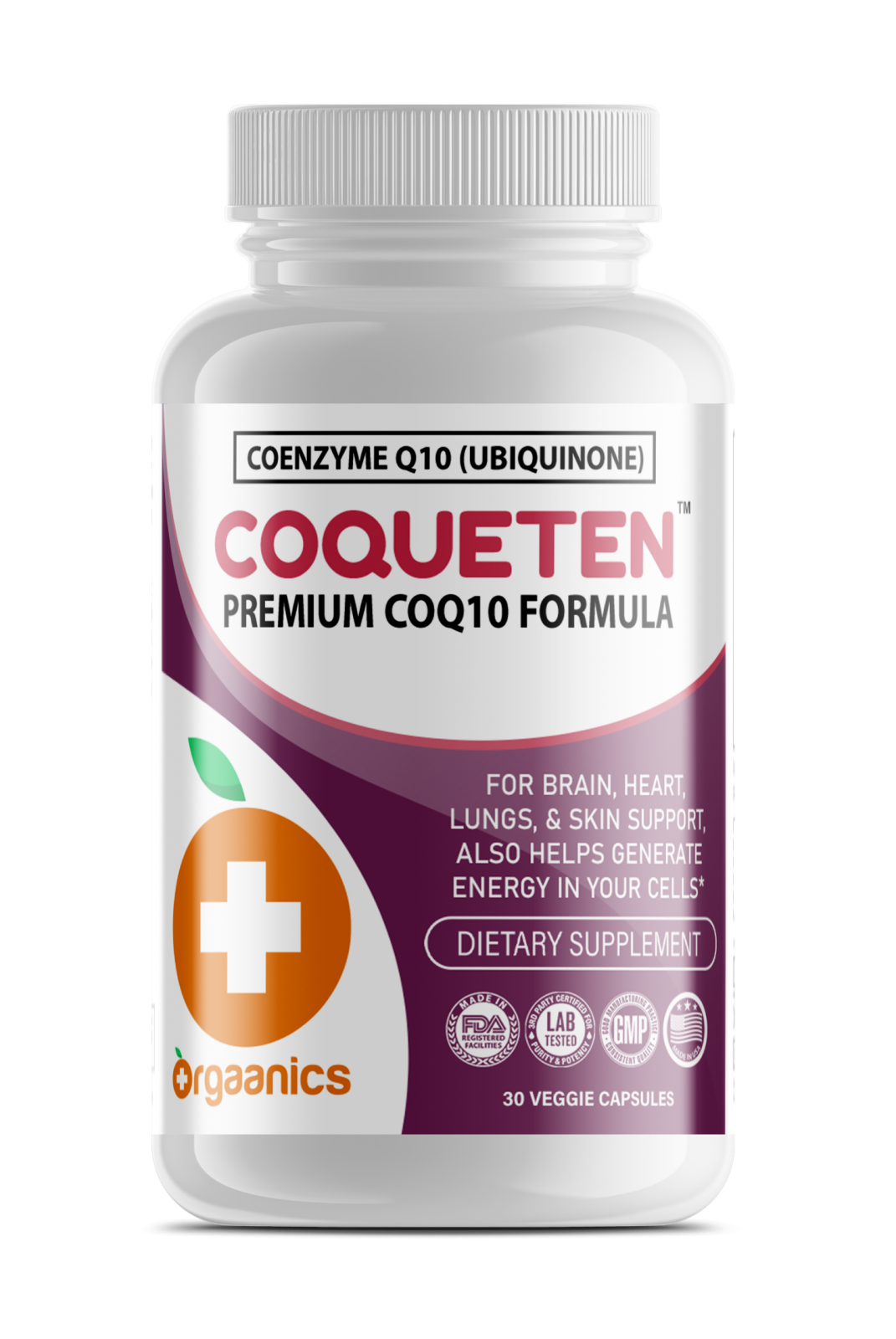Atherosclerosis is also called arteriosclerosis, but either word may not mean much of anything to the average person. In laymen’s terms, it means hardening of the arteries. If you’ve been diagnosed with atherosclerosis, it’s not something that just happened all at once. In fact, you’ve spent years leading up to the diagnosis.
Throughout your lifetime fat and cholesterol mix together with other material and begin to line the walls of your blood vessels. This mixture is called plaque. As time passes, the plaque becomes hard and gets thicker. This causes your blood vessels to become more narrow and can even completely block them if it goes untreated.
As you can imagine, it’s difficult for blood to pass through these narrow vessels. As a result, stress is put on the heart. This leads to heart disease and can eventually cause a heart attack if there’s blockage in the actual coronary blood vessels themselves.
In addition, pieces of the hardened plaque can actually separate from the walls and break away. When this happens the small piece flows through the blood vessels and can actually cause a heart attack or even a stroke.
In addition, blood clots can form around the rogue piece of plaque and block blood flow even further. The clots can also travel to the brain, heart, or lungs. The tragic result of this may be as serious as a stroke, heart attack, or pulmonary embolism.
Unfortunately, there are rarely symptoms of atherosclerosis until you have a serious issue such as chest pain or even a heart attack. Early stages of it can sometimes be heard through a stethoscope, but usually more extensive testing is required to diagnose hardening of the arteries.
The good news is that if you catch it early, there’s plenty you can do to keep it from getting worse. Your doctor may prescribe a low-fat, low-cholesterol diet in order to reduce the amount of cholesterol and fat in your blood. You may also need to increase your physical activity and work to lose some weight.
In more serious cases, medication may be required to help lower cholesterol and even thin the blood to prevent clots. Surgical intervention through angioplasty is also a treatment option. A procedure called endarterectomy can be performed to actually remove some of the plaque from the vessel walls, though this isn’t as common.
In very serious cases of blockage, heart bypass surgery may need to be performed. This creates a bypass around the blockage in the heart and can prevent heart attacks from occurring.
To prevent your condition from worsening, take Coqueten. It contains a powerful form of Coenzyme Q10, an essential antioxidant that supports heart health and immune function. Coqueten can help support the health and function of energy-intensive organs like the heart by providing the energy heart cells need. The highly bioavailable Coqueten formula helps restore the body’s CoQ10 levels to ensure proper heart function is maintained. Order Coqueten from Orgaanics today!

